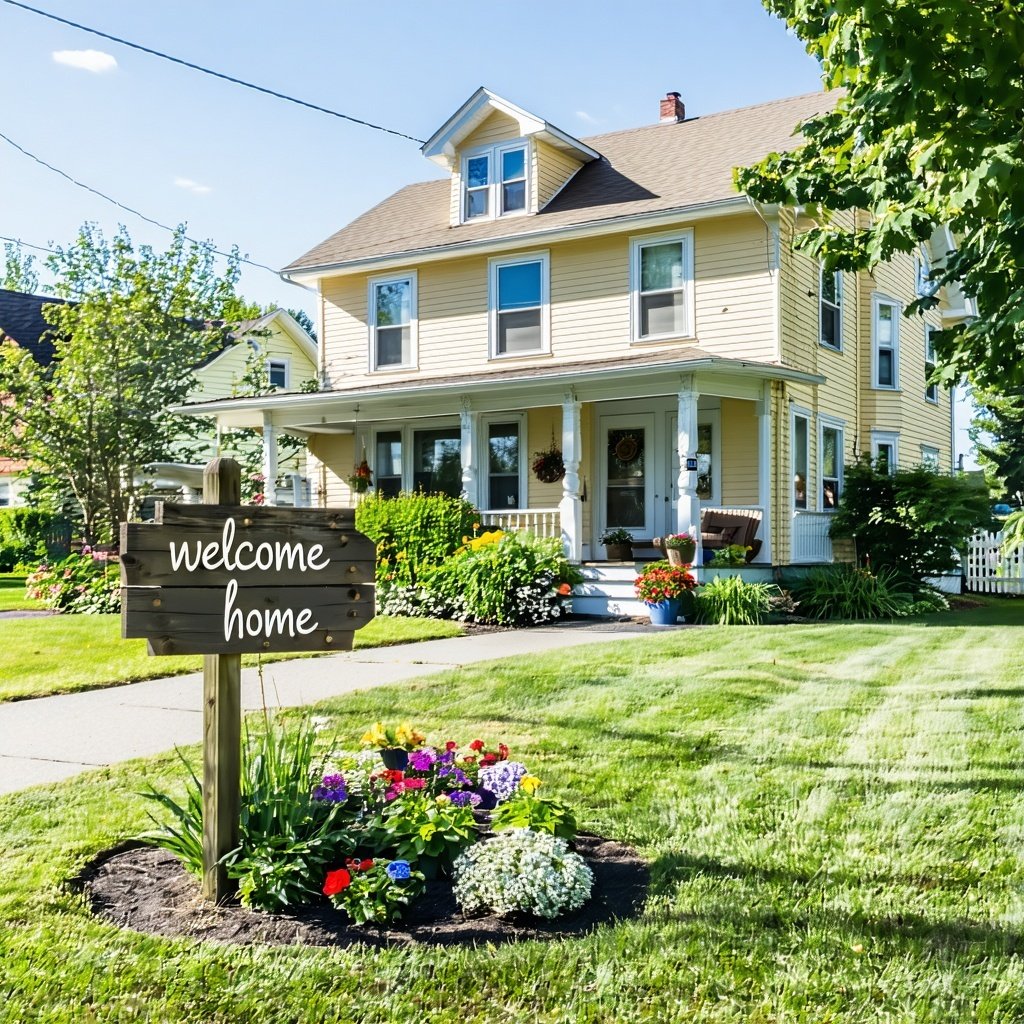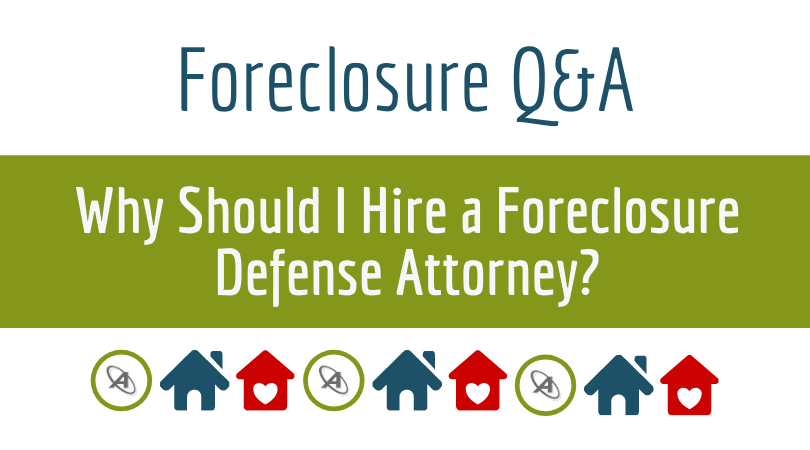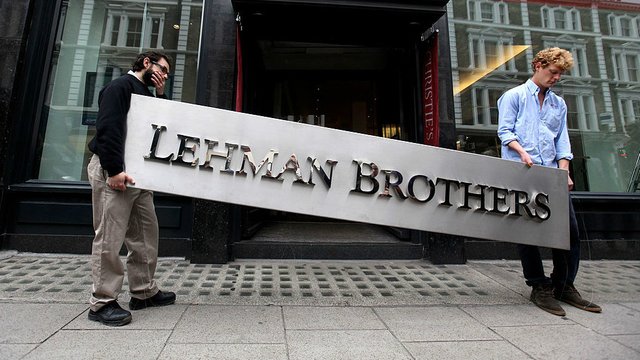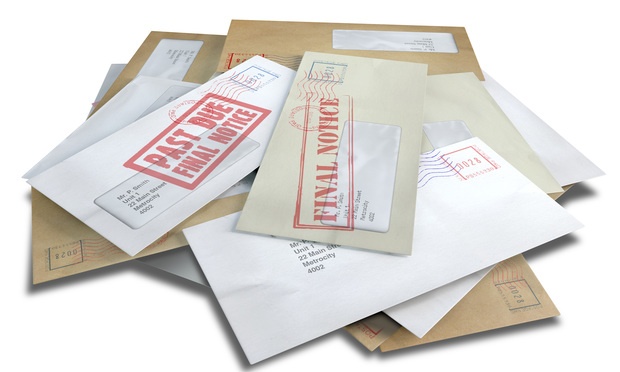
[fa icon="clock-o"] Tuesday, July 29, 2025 [fa icon="user"] Jordan Shealy [fa icon="folder-open'] loan modification lawyer, loan modification attorney, foreclosure defense, lenders, foreclosure defense attorney
Read More »
[fa icon="clock-o"] Thursday, July 10, 2025 [fa icon="user"] Jake Sterling [fa icon="folder-open'] stop foreclosure, loan modification lawyer, loan modification attorney, loan modification, foreclosure defense, loan modification help, foreclosure, mortgage, foreclosure glossary, lawyer, foreclosure crisis, foreclosure defense attorney, avoiding foreclosure, loan modification application
Read More »
As if falling behind on your mortgage payments and being at risk of losing your home to foreclosure wasn't bad enough, it also costs you extra money in the form of fees, which make it even harder to get your mortgage back on track.
Being charged fees for not having enough money to pay your mortgage can feel like adding insult to injury. You didn't have enough money to pay the regular mortgage payments, now they add fees to that! Wonderful.
Unpleasant as it is, there's no getting around incurring some fees when you default on your mortgage. Your mortgage contract states that you will be charged fees in the event that you do not pay your mortgage in full and on time.
The amount of your missed payments, which include principal, interest, taxes and insurance, will make up most of the money you owe after defaulting, but the fees are nothing to sneeze at. Let's look at what some of them are.
[fa icon="clock-o"] Thursday, May 22, 2025 [fa icon="user"] Maxwell Swinney [fa icon="folder-open'] foreclosure defense attorney, foreclosure fees
Read More »
A successful relationship between a client and a law firm requires both parties to do their job. The firm may have the most work to do, but there are some things that only the client can do. Even the greatest attorney in the world can't get you what you want if you're not playing ball.
If you hire our law firm, take the steps below to ensure that you have the best relationship with us and the highest chance of getting the outcome you want.
1. Add our phone numbers to your contacts and return our calls.
Have you ever received a call from an unknown number and not answered it because you assumed that if the caller was important to you, you'd already have their number saved in your phone? Probably a telemarketer, you figured. Then you get a voice mail and realize that the caller was someone very important to you, but you didn't add their number to your contacts yet. Crap!
Don't let that happen with a call from your lawyer. Add our number to your contacts and answer when we call you -- it's probably important. If you're a client of our firm, you will be getting calls from 877-882-5338 and 866-558-2408. You might also want to add your paralegal's direct fax number, so you have it handy while you're doing #3 below.
[fa icon="clock-o"] Tuesday, January 30, 2024 [fa icon="user"] Jake Sterling [fa icon="folder-open'] loan modification, foreclosure defense attorney
Read More »
Approximately 250,000 families enter into foreclosure every 3 months due to delinquent home loan payments or delinquent property taxes. Each of these homeowners has one thing in common: they have to make the decision of whether or not to fight for their home. However, if you want to fight the foreclosure and keep your home, it's time to find a foreclosure defense attorney. Here are some reasons why:
[fa icon="clock-o"] Sunday, October 18, 2020 [fa icon="user"] Jordan Shealy [fa icon="folder-open'] stop foreclosure, loan modification lawyer, how to stop foreclosure, loan modification denied, loan modification attorney, successful loan modifications, foreclosure defense, prolong foreclosure, foreclosure, mortgage, lawyer, foreclosure defense attorney, mortgage debt, dos donts of foreclosure, foreclosure lawsuit, avoiding foreclosure, default judgment, consent to foreclosure, legal aid
Read More »
September 2018 marks the 10 year anniversary of the bankruptcy of Lehman Brothers, the event that signifies the start of the financial crisis in many people's minds. You remember the financial crisis, the worst since the Great Depression, the one that almost destroyed the economy? That one.
Everyone has an opinion about the crisis and how they would have responded to it if they had been in charge. You'll hear people say that they wouldn't have bailed out the banks and the government should have done this or that, and it would have been better that way, and blah, blah, blah.
[fa icon="clock-o"] Friday, September 28, 2018 [fa icon="user"] Maxwell Swinney [fa icon="folder-open'] foreclosure defense attorney, financial crisis
Read More »
When you fall behind on your mortgage payments, you don't instantly lose your home to foreclosure. It takes time for the legal process to play out. In 2016 it took more than 1,000 days on average to complete foreclosure. That's nearly three years, which is a long time to be living in your home without paying your mortgage.
While you're living in your home sans mortgage you will continue to have other bills, but money could still be tight, and your credit's in bad shape.
If that's the situation you're in, which of your remaining bills should you pay?
Pay Your Utilities
You are not going to be able to live in your house without electricity or plumbing, so you should continue to pay your electric, gas, water, and sewage bills even when you're not paying your mortgage.
[fa icon="clock-o"] Thursday, September 13, 2018 [fa icon="user"] Maxwell Swinney [fa icon="folder-open'] foreclosure defense attorney
Read More »
As if falling behind on your mortgage payments and being at risk of losing your home to foreclosure wasn't bad enough, it also costs you extra money in the form of fees, which make it even harder to get your mortgage back on track.
Being charged fees for not having enough money to pay your mortgage can feel like adding insult to injury. You didn't have enough money to pay the regular mortgage payments, now they add fees to that! Wonderful.
Unpleasant as it is, there's no getting around incurring some fees when you default on your mortgage. Your mortgage contract states that you will be charged fees in the event that you do not pay your mortgage in full and on time.
The amount of your missed payments, which include principal, interest, taxes and insurance, will make up most of the money you owe after defaulting, but the fees are nothing to sneeze at. Let's look at what some of them are.
[fa icon="clock-o"] Tuesday, September 11, 2018 [fa icon="user"] Maxwell Swinney [fa icon="folder-open'] foreclosure defense attorney, foreclosure fees
Read More »
Homeowners who fall behind on their mortgage sometimes lose their home to foreclosure because they fail to do simple things that could help them save their home. It's not that people don't want to save their home, or are stupid, they just don't have the knowledge and experience to understand how important it is to do some things and not do others.
Our law firm is very experienced in helping homeowners who are experiencing foreclosure. We've been in business for 10 years and have helped more than 7,000 homeowners stop or avoid foreclosure with a loan modification. So, we've seen every mistake that homeowners can make when they get into trouble with their mortgage. Here are some of the most common mistakes to avoid if you don't want to lose your home:
1. Not opening your mail
When you fall behind on your mortgage, you will receive important information in the mail. Your bank is required to send you a default letter/notice of intent to accelerate that tells you you will lose your home to foreclosure if you don't remedy the default. If you aren't able to avoid it, you will eventually be mailed a notification that a foreclosure sale date has been scheduled.
[fa icon="clock-o"] Saturday, September 8, 2018 [fa icon="user"] Maxwell Swinney [fa icon="folder-open'] foreclosure, foreclosure defense attorney
Read More »
Homeowners who fall seriously behind on their mortgage often notice something strange when they are served a foreclosure complaint: under defendants, alongside their name, there are other “unknown” defendants listed. Who the heck are these “Unknown Parties”, and why are they on your complaint?
Before I answer that, let's look at an example of a foreclosure complaint from a recent client of our firm in Collier county, Florida (my bold):
“VERIFIED MORTGAGE FORECLOSURE COMPLAINT
Plaintiff, U.S. Bank National Association, sues Defendants (Names Redacted); Any and All Unknown Parties Claiming By, Through, Under, and Against the Herein Named Individual Defendant(s) Who Are Not Known to be Dead or Alive, Whether Said Unknown Parties May Claim an Interest as Spouses, Heirs, Devisees, Grantees, or Other Claimants; Unknown Party #1, Unknown Party #2, Unknown Party #3 and Unknown Party #4, the names being fictitious to account for parties in possession, and alleges...”
You can see from that excerpt that US Bank is suing homeowners in a foreclosure lawsuit. After the owners names, they also list as defendants “Any and All Unknown Parties (who)...May Claim an Interest” in the property. They use language that covers any possible way that a person could have an interest in the subject property, such as “Spouses, Heirs, Devisees, Grantees”.
[fa icon="clock-o"] Thursday, August 9, 2018 [fa icon="user"] Maxwell Swinney [fa icon="folder-open'] new jersey foreclosure process, foreclosure process in new york, foreclosure process in florida, foreclosure defense attorney, unknown foreclosure defendants, foreclosure process in illinois
Read More »






